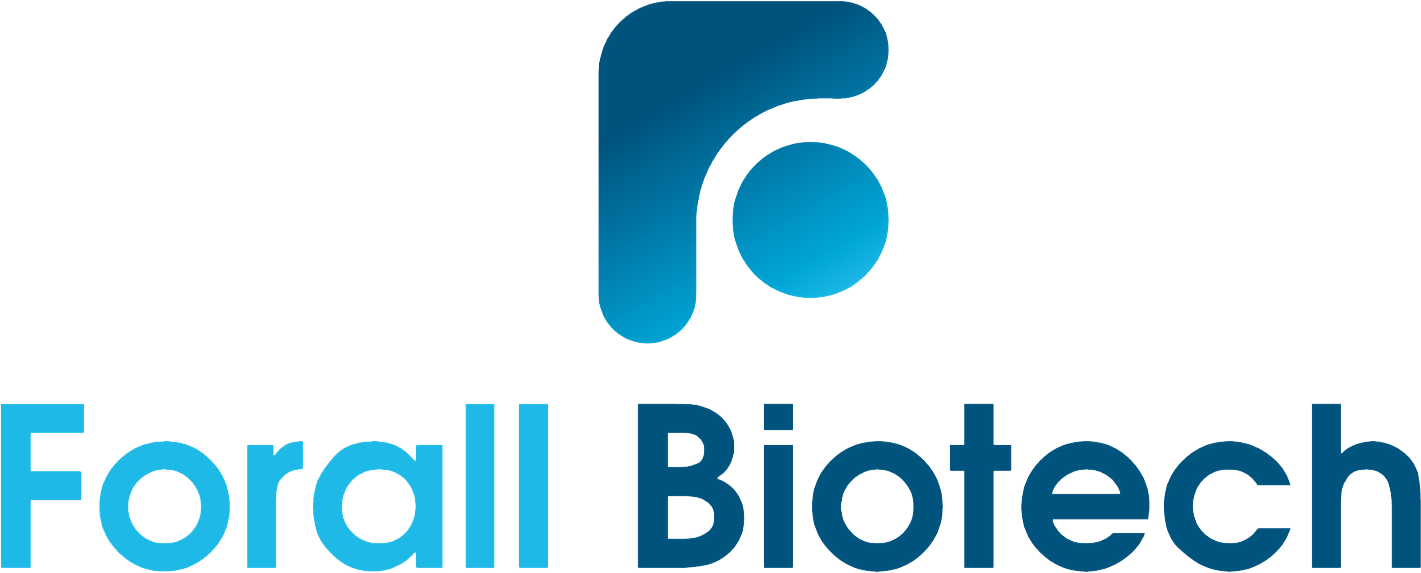Despite the continuous advancement of medical treatment, the cancer clock keeps running fast. Cancer has been ranked as the top ten cause of death for 36 consecutive years. On average, 1 person suffers from cancer every 4 minutes and 58 seconds. Health care expenditure exceeds 93.3 billion yuan. Nearly 48,000 people died of cancer. United Daily jointly sponsored the “2019 Cancer Prevention Summit Forum” with the National Health Hospital and the Zhonghe Memorial Hospital attached to the High Medical University. Today, 15 domestic cancer experts will jointly answer anti-cancer doubts and teach modern people the necessary anti-cancer knowledge.
The experts on the first day of the forum were Yan Yun, chairman of the Cancer Medical Association, Lin Xinrong, director of the Tzu Chi Hospital of Hualien, Huang Limin, director of the Pediatric Department of the National Taiwan University Hospital, Lai Hongzhi, director of the Precision Medicine Center of Xinguang Hospital, Zhang Yifang, director of the Cancer Center of Makai Hospital, and President Rong Taipei. Qiu Zhaohua, director of the Department of Thoracic Oncology, Xiong Zhao, director of the Institute of Group Health Sciences of the National Health Hospital, Lin Jihong, chief physician of the Department of Oncology, National Taiwan University Hospital, Zhang Weiwen, director of general surgery at Wanfang Hospital, Bai Liyuan, director of the Department of Hematology and Oncology of China Affiliated Hospital, and Qiu Hanmo, director of the Health Management Center of National Taiwan University .
Liang Gung-yi, director of the National Health Academy, said that the number of cancers in the country continues to rise, especially when Taiwan enters an advanced age society, and the issue of cancer cannot be delayed. From the perspective of cancer prevention, the genes cannot be changed, but eating well and regular screening can effectively prevent and improve the quality of life. With the advancement of science and technology, cancer treatment combined with artificial intelligence, precision medicine and big data risk assessment will help clinicians design more effective personalized treatment.




 繁體中文
繁體中文